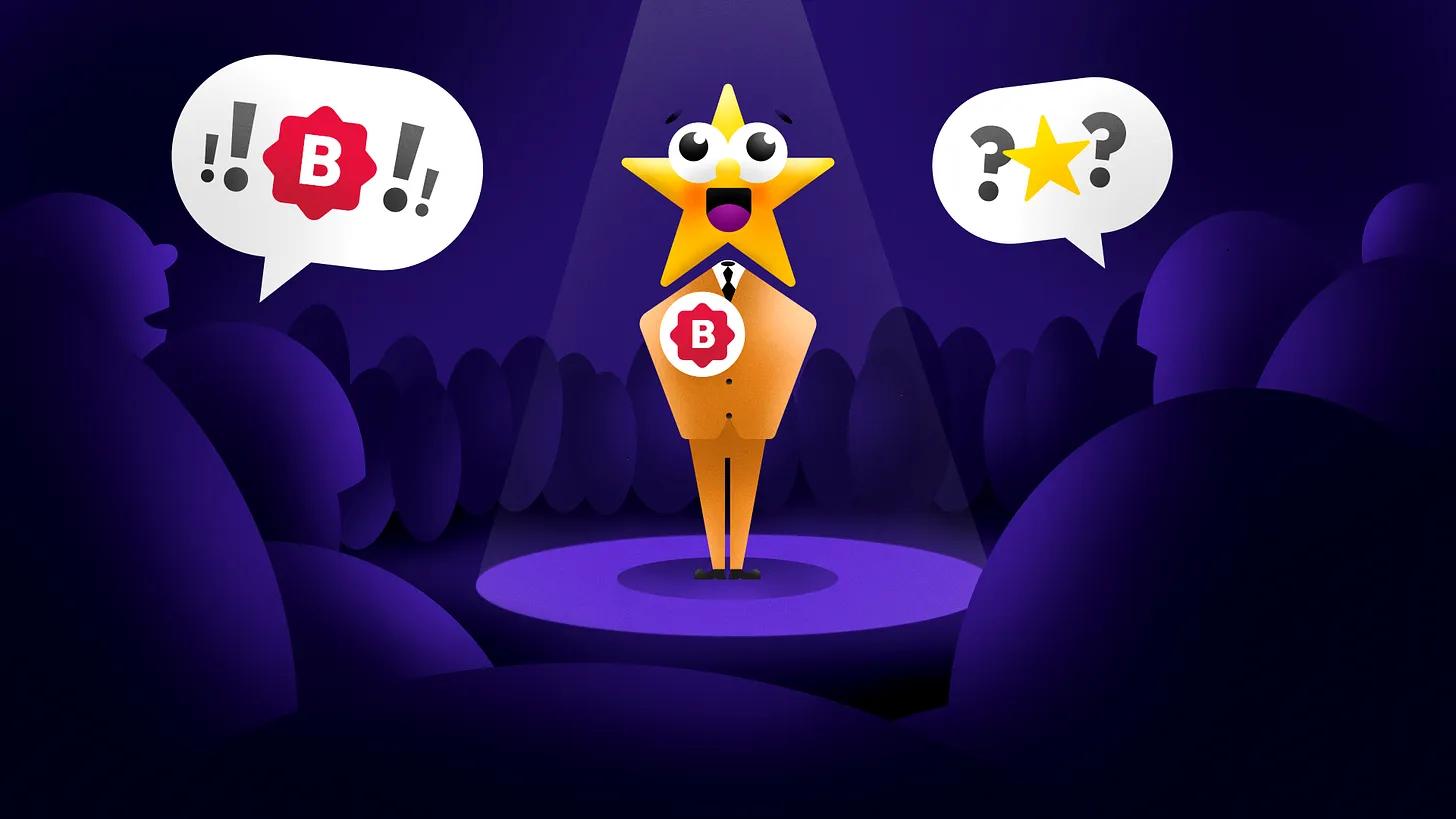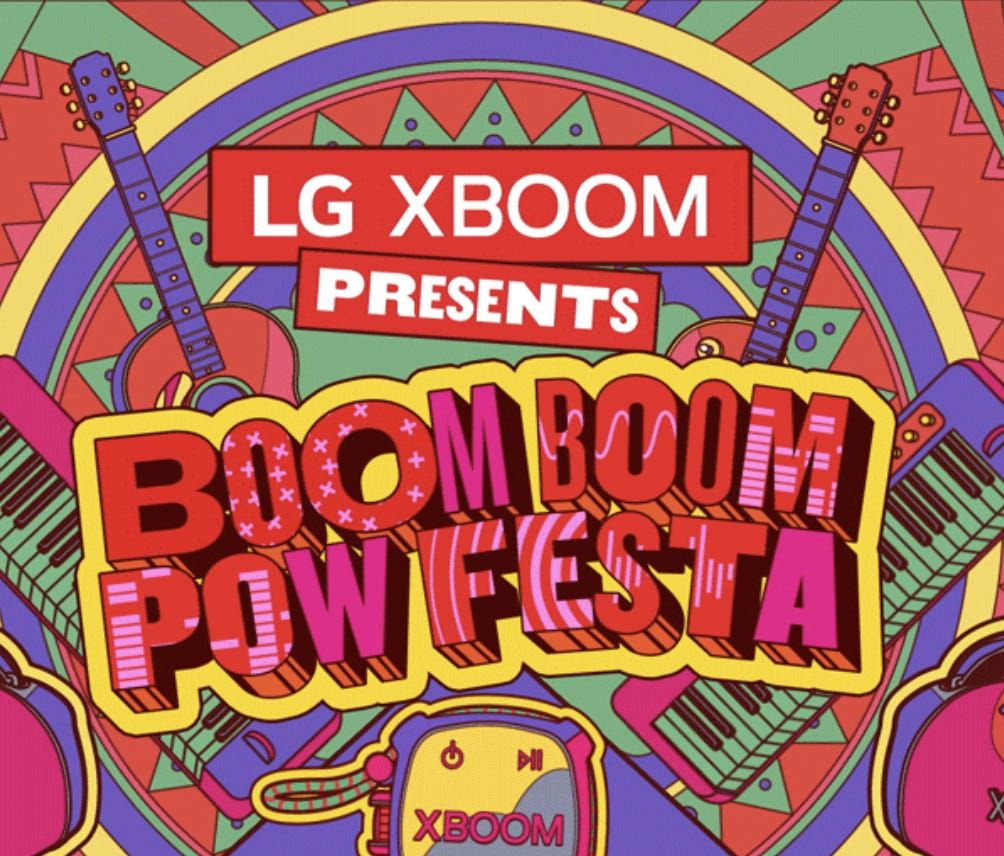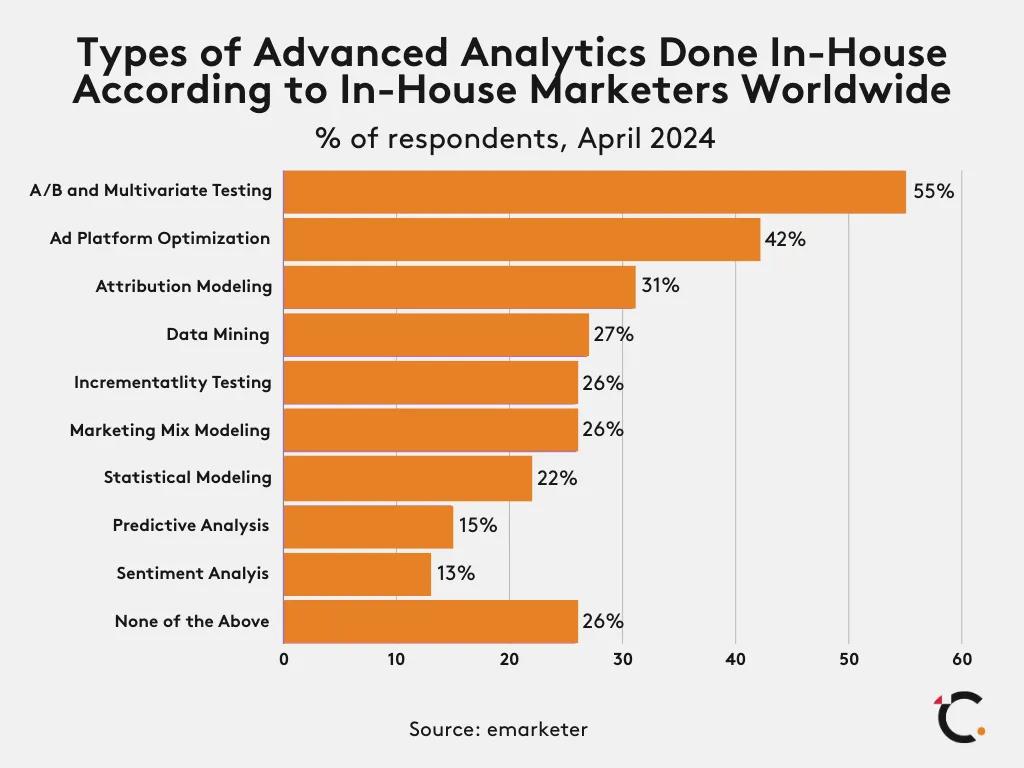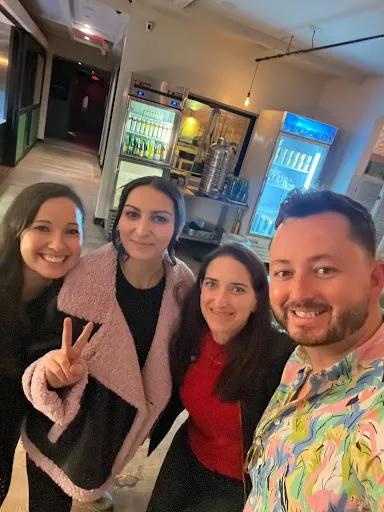
A heuristic is a problem solving approach that employs shorthand or approximations to come to a decision. A mental shortcut if you will.
A brand is a heuristic. A mental approximation of what goods and services can be acquired from engaging with a business.
A green siren means coffee. Golden arches means burgers. A swoosh means athletic apparel. An austere Apple means designed technology.
These brands are mental shortcuts companies have created and repeated and repeated and repeated to create a mental association, a heuristic in your mind.
Perhaps these heuristics come with positive or negative coloring. Was the service so bad that you’ll never trust a mark again? Did a product wow you so you told all your friends?
The mental association one has with a brand is not limited to its advertising. The entirety of one’s experience from advertising to public relations to the experience of the services or products contributes to the perception of a brand.
I find both startups and established companies underestimate the power of brand.
Start ups believe great products find their own markets, imagining customers will naturally discover them. The reality is no one trusts a company or person on first encounter. Brand, like reputations, are built and invested in over time.
Large company employees underestimate the weight their brands bring. They walk into rooms, get sat on panels, invited to important meetings believing they have received such accolades based on their personal importance. More often, it is the brand company’s reputation they keep that buys them entry.
Do well to remember that brand, one’s mark, represents their reputation. Although more intangible than short term performance marketing, the long term investment in brand will pay higher dividends.
3 Stories Dominating Media and Tech Headlines
LatticeFlow's "LLM Checker" has evaluated AI models from companies like OpenAI, Meta, and Alibaba, with many scoring well overall but struggling in specific categories such as discriminatory output and cyberattack resilience.
Why it matters: This is significant because it underscores the escalating regulatory scrutiny on AI developers to meet rigorous standards, a crucial challenge as AI tools reshape media, technology, and society at large.
The Department of Justice is proposing solutions to address Google's monopolistic practices following a ruling by Judge Amit Mehta. Their considerations range from behavioral remedies, like increased oversight, to structural ones, which could involve breaking up key Google assets like Chrome, Android, or Google Play.
Why it matters: This is a big deal as it could reshape the digital ecosystem, significantly impacting how search engines, browsers, and mobile platforms compete, and forcing media, tech, and advertising industries to adapt to new competitive dynamics.
Google has announced a groundbreaking deal to purchase electricity from next-generation nuclear reactors, marking the first corporate agreement for power from small modular reactors (SMRs). The deal with Kairos Power aims to bring multiple SMRs online by 2035, with the first expected by 2030, helping Google meet its ambitious clean energy goals amid its growing AI operations.
Why it matters: This matters because it showcases big tech’s increasing reliance on advanced nuclear technologies as a solution for stable, carbon-free power, which could reshape energy strategies for tech and media industries grappling with sustainability challenges.
Creativ Spotlight - LG XBoom’s, Directed by 1stAveMachine’s Emil Nava
LG Electronics is launching the world’s first music festival dedicated to a single song, “Boom Boom Pow,” by the Black Eyed Peas.
Directed by 1stAveMachine’s Emil Nava, the Boom Boom Pow Festa features nine street performers from different countries delivering covers of the party anthem through LG's XBOOM speakers.

Checkout the Hits Daily Double Coverage Here!
Checkout the GEMA Coverage Here!
Stat of the Week - Types of Advanced Analytics Done In-House

Among the marketers surveyed globally, A/B and Multivariate testing (55%), Ad Platform Optimization (42%), and Attribution Modeling (31%) are the 3 most popular types of advanced analytics being done in-house.
More advanced analytical tasks such as Statistical modeling (22%), Predictive Analysis (15%), and Sentiment analysis (13%) are likely outsourced, while 26% of the respondents reported completing none of the tasks in house.
This divide matters because it underscores the growing need for specialized skills to fully leverage complex data, while keeping everyday optimizations within the company ensures agility and control over immediate marketing decisions.
One Fun Thing - LA Tech Week



The team attended several LA Tech Week events, hosted by a16z. Libations, conversations, and handshakes as we canvassed the event in search of future strategic investors and tech clients in need of marketing and poised for growth.